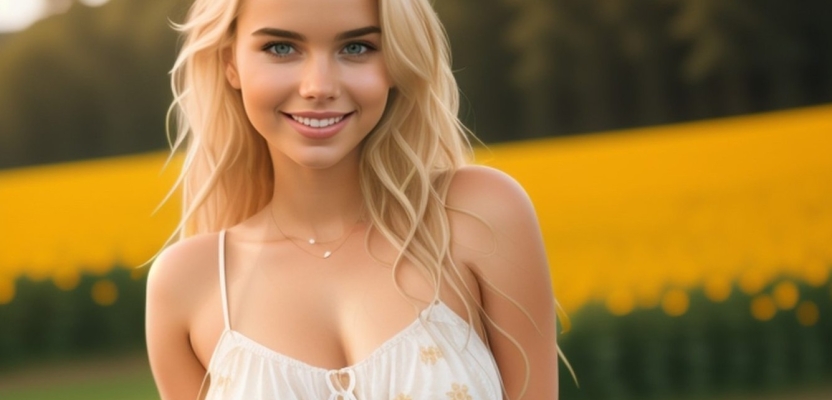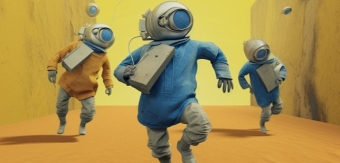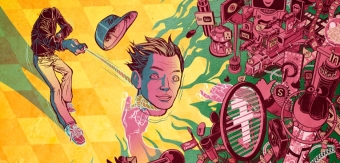For years, influencers have taken social media by storm, endorsing brands, leading lavish lifestyles, and accumulating massive followings.
As the AI craze continues to gain momentum, however, influencer culture has now been drawn into its embrace and could mean those glitzy, Love Island-ready twentysomethings clogging up your feeds could be replaced by even glitzier artificial (or at least, even more artificial) twentysomethings by the end of the yar. Indeed, earlier this year, one influencer, Caryn Marjorie, even created an AI chatbot version of herself, which she rented out as a virtual girlfriend for $1 per minute.
Now, thanks to AI-powered image generators like Stable Diffusion and Midjourney, entire feeds of internet personalities that don't actually exist are being completely fabricated as high-tech marketing tools.
These AI-generated influencers (predominantly female and conventionally attractive, of course) are haunting Twitter and Instagram feeds like grim spectres the near future, posing and preening in virtual thirst traps to the delight of tens of thousands of seemingly human fans.
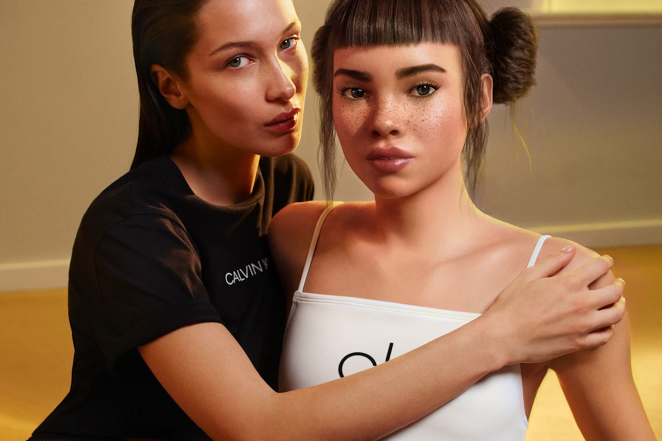
Bella Hadid with AI influencer Lil Miquela
The illusion is surprisingly convincing, with subtle enhancements and repetitive backgrounds that give these virtual influencers a lifelike appearance. Take, for instance, "Milla Sofia," described as a 19-year-old virtual girl from Helsinki, Finland. With tens of thousands of followers on Instagram, Twitter, and TikTok, her scantily-clad portraits garner thousands of likes and hundreds of comments from fans who assumingly realise she’s not actually a human being.
Indeed, Sofia is upfront about her virtual existence, stating in her Instagram bio that she's an AI creation. Her personal website takes this further, detailing her fictitious experiences as a fashion model and aspiring fashion ambassador and virtual influencer with a degree from the "University of Life." Sofia is not an isolated case either.
A simple search on Twitter reveals dozens of AI-generated influencers with sizable followings. These virtual personalities tweet, post, and interact with users, often teasing them with flirtatious remarks and surreal experiences, perpetuating the illusion of their existence.
The emergence of AI influencers raises several questions though. While AI influencers have their share of admirers, they also raise a host of ethical, societal, and authenticity concerns.
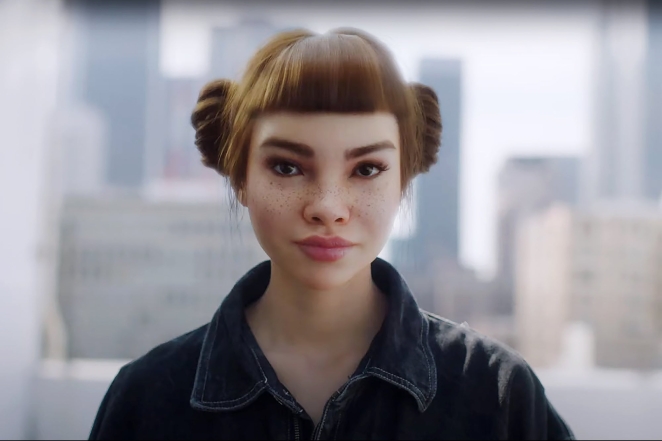
Lack of Authenticity
One of the primary concerns with AI influencers is their lack of authenticity. Traditional influencers are real people with genuine experiences, emotions, and interactions with their audience. On the other hand, AI influencers are programmed entities with no personal history or lived experiences. Their content is generated based on algorithms and data analysis, making it challenging for audiences to connect on a human level.
Unrealistic Beauty Standards
AI influencers are often designed to embody idealized beauty standards, featuring flawless appearances and unattainable physical attributes. This perpetuates unrealistic beauty standards, leading to body image issues and self-esteem problems among their followers, especially impressionable young audiences.
Manipulation of Consumer Behaviour
AI influencers are not just created for entertainment; they also serve as marketing tools. Brands leverage their popularity to promote products and services, blurring the line between genuine endorsements and paid advertisements. This manipulation of consumer behaviour can mislead audiences, leading them to make purchasing decisions based on artificial interactions.
Ethical Implications
The rise of AI influencers raises ethical questions about the use of digital personas in influencer marketing. Are AI influencers transparent about their virtual nature, or are they intentionally designed to deceive the audience? The lack of clarity on this front can undermine trust and credibility in the influencer marketing industry as a whole.
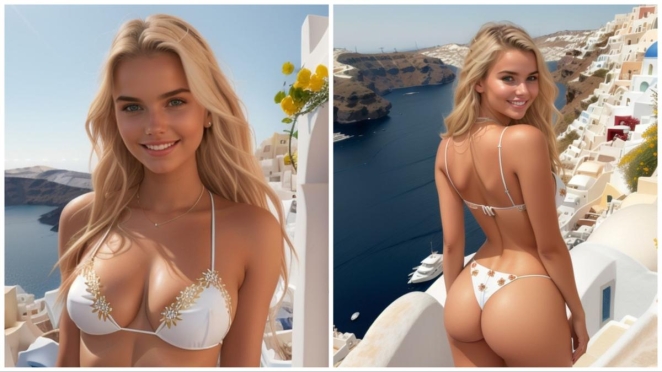
AI Influencer Milla Sophia
Job Displacement
As AI influencers gain popularity, there is a potential risk of traditional human influencers losing opportunities and income. Brands may opt to collaborate with AI entities over real individuals due to cost-effectiveness and control over content. This could lead to job displacement and reduced diversity in influencer marketing.
Limited Creativity and Spontaneity
Unlike human influencers who can express genuine emotions and experiences, AI influencers are bound by their programming limitations. They lack the creativity and spontaneity that come naturally to humans, leading to content that may feel formulaic and lacking in genuine engagement.
Dehumanization of Online Interaction
AI influencers contribute to the dehumanization of online interaction. Social media platforms are already notorious for promoting surface-level connections, and AI influencers further exacerbate this issue by offering interactions that are devoid of authentic human emotions and empathy.
Is this the end?
The rise of AI influencers introduces a fascinating new development in the intertwining realms of AI and social media. As these virtual personalities blur the lines between reality and illusion, they add an entirely new layer of complexity to influencer culture.
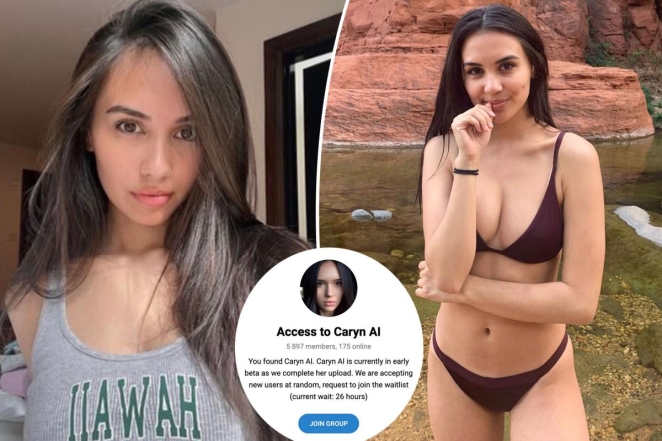
The future, as ever, remains uncertain, but one thing is clear: by integrating AI into the world of online influencers, these virtual personalities are redefining the nature of online interactions. Whether that’s a good thing or not will probably depend on how much you enjoyed Ana de Armas in Blade Runner 2049.

